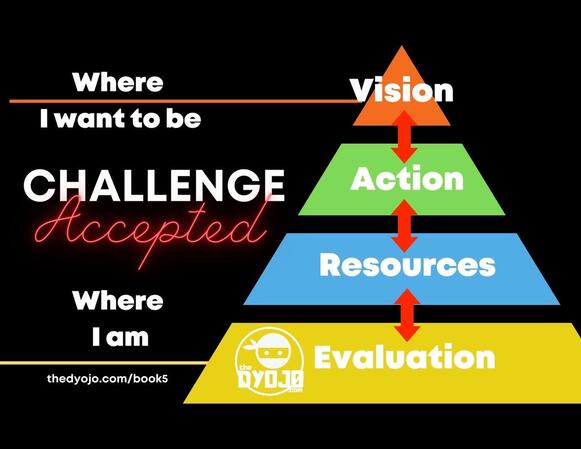|
If you went way back in time, people groups were primarily agrarian. They lived off of the land. The effort put into working the soil, growing crops, and taking care of animals was directly tied to your ability to survive. Think of all the things we take for granted today, those were not around:
If you are hungry, you go to the grocery store or a restaurant. Those are fairly new elements of society. In prior generations, you wouldn’t buy bread, you harvested grain and made your own. You would top that with butter that you churned yourself and jam from wild berries. As technology advanced and societies evolved, work is more associated with making money to buy food rather than being directly involved in raising food. If you were a farmer raising you own food, you worked as long as you needed to in order to accomplish this task. If you didn’t work, you didn’t eat. A Brief History of WorkThe Industrial Revolution brought significant changes and factory work became prominent. People working in factories around 1867 were pulling 12 to 14-hour shifts, often six days a week; or 72-84 hours a week. That same year, Illinois was one of the first states to pass a law calling for a standardized 8-hour work week. The first occurrence of this becoming the norm was for government workers in 1869. It was until 1926, when the Ford Motor Company established a five-day, 40-hour workweek for its workers. Owner Henry Ford declared, “It is high time to rid ourselves of the notion that leisure for workmen is either lost time or a class privilege.” In 1938, congress finally passed the Fair Labor Standards Act, making the 8-hour work day and 40-hour work week the law of the land. Employers are allowed to ask you to work more than 40 hours and you may find some advantages in doing so. If you work more than 8 hours, in most jurisdictions, you are working overtime which is usually 1.5 times what your regular rate is. For example, if your hourly rate were $20 per hour, if you worked 45 hours in a week you would have 5 hours of overtime that would be paid at $30 per hour.
Putting In Extra Time at WorkWhen I first started working for a local restoration company in Ventura, California, I was on the mold removal team. If you’ve ever seen green or black stuff growing on a wall in your house, my team would be the ones that suited up, set a containment area, and removed the bad stuff. Our workday was 730am to 330pm, I was going to night school and had a daughter on the way. I noticed some of my team members in another division would get after-hours calls to respond to water damage in local homes and businesses. When I found out they were getting paid a bonus to go plus their overtime I asked to be put on that list immediately. Life is about opportunity, not convenience. If I was willing to be on-call for one week every 6 weeks, I often could make close to two weeks (or more) pay. This was money that I was able to use to pay cash for my associate's degree in criminal justice and tackle the debt from having a baby. Another cool thing you will learn, even if you have health insurance, there are still things you have to pay for when you have a medical procedure or create a human. Finding the Right Work TeamFinding a quality team to work with makes the reality of work more enjoyable. Four questions to help you determine if you're on the right team:
Money is important, but like many things in life it is a tool. The more you learn about how the tool of money works and how to apply it to your situation, the better you are able to use it to build the life that you want. A New Book for Young WorkersThis content was adapted from the new book from The DYOJO and Jon Isaacson titled, Challenge Accepted: An Open Letter To Young People Entering The Workforce. Watch the video to learn more about Challenge Accepted.
0 Comments
Leave a Reply. |
AuthorThoughts on personal and professional development. Jon Isaacson, The Intentional Restorer, is a contractor, author, and host of The DYOJO Podcast. The goal of The DYOJO is to help growth-minded restoration professionals shorten their DANG learning curve for personal and professional development. You can watch The DYOJO Podcast on YouTube on Thursdays or listen on your favorite podcast platform.
Archives
March 2023
Categories
All
<script type="text/javascript" src="//downloads.mailchimp.com/js/signup-forms/popup/unique-methods/embed.js" data-dojo-config="usePlainJson: true, isDebug: false"></script><script type="text/javascript">window.dojoRequire(["mojo/signup-forms/Loader"], function(L) { L.start({"baseUrl":"mc.us5.list-manage.com","uuid":"b9016446bd3c6a9f0bd835d4e","lid":"83282ffb9e","uniqueMethods":true}) })</script>
|
Jon Isaacson |
Connect. Collaborate. Conquer.
© COPYRIGHT 2015. ALL RIGHTS RESERVED.
|






 RSS Feed
RSS Feed